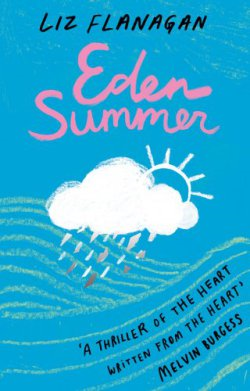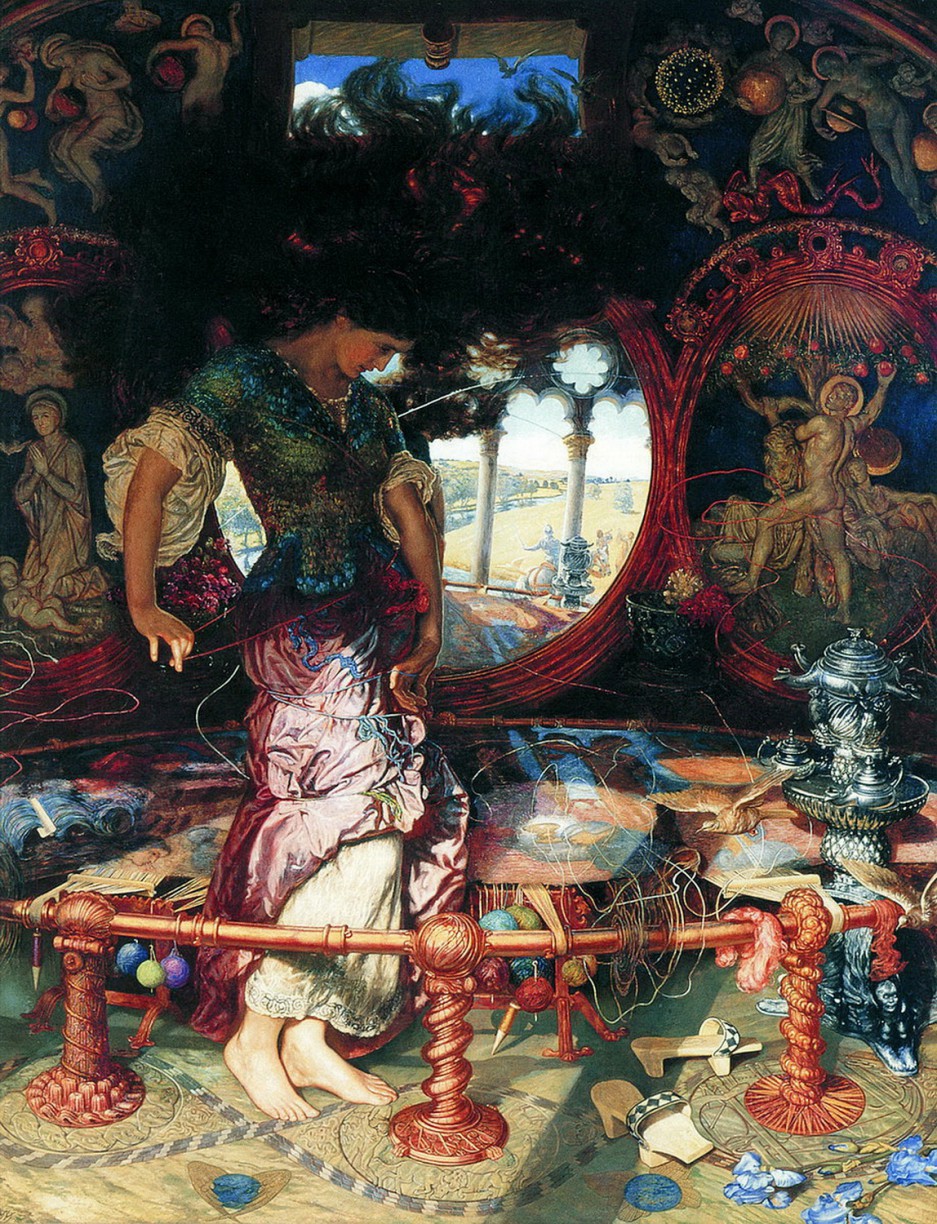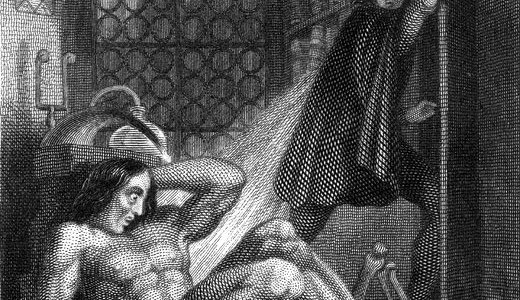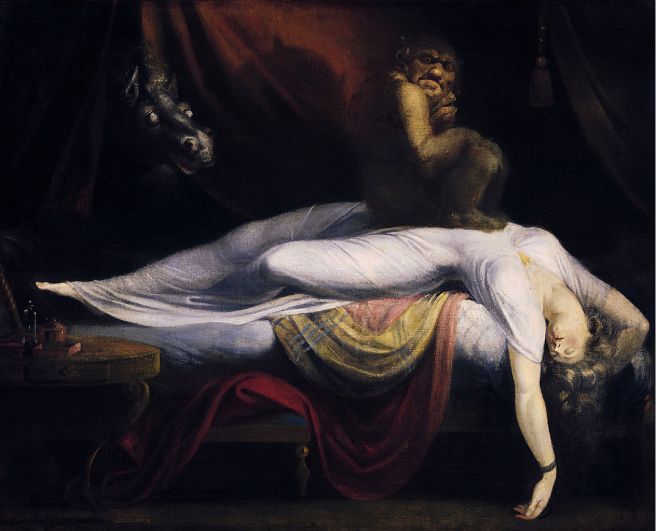
The title for this post is inspired by a fabulous poem in Eden Summer, a YA novel written by Liz Flanagan. Gothic PhD students: give this a read. You’ll enjoy the touches of Brontesque Gothic. You can find Liz on Twitter @lizziebooks.
Battling with imposter syndrome and the attendant ghosts of personal past – body image insecurities, anxiety attacks, identity crises, together with a newly developed stammer that makes an occasional appearance, just to make life livelier, I guess – often leaves me in stasis when silence reigns. I’m trying to push against my own sense of passivity, which comes from a place of fear (of failure, rejection, humiliation), but fuck me, it takes some energy. By the evenings, sofa and TV is all I’ve got to cut through the white noise. Some PhD student, huh? Whenever my sister rings in the evenings, after she’s had her day in the office, I’m in trouble if I’m not “learning how to read”, as she says of my studies.
Finally, last week, I couldn’t face any noise. Not the submissive drone of my own head, nor the inane ramblings of television. So I did what I should do, what I had, once, loved to do – the reason why I applied for a PhD in the first place: I curled up with a book (or, rather, since I’m not actually a cat and so can’t “curl up”, I wrapped a blanket around me and spent ten minutes working out how I can get one arm out in the open to hold the book while keeping it warm). Of course, as a literary history student, I’ve got an ominous mountain to read, but I just needed a break. Coming from a creative writing degree, nineteenth-century fiction doesn’t always fit with my ideas of effective, evocative story-telling; it can be hackneyed, repetitive, and flawed. So I wanted a modern book, and my friend’s debut YA novel was on my “to-read” shelf.
I’ve never considered reading a YA novel. At twenty-six, I’m officially a mature student – I now get to tick the third box in surveys, with a grinning “thirty-four” at the end of the line. Worse, I’ll admit, I’ve allowed the likes of Twilight to become my idea of a YA novel, led by a blank-canvas character designed for an average teenage reader to project themselves onto, to follow a romance of thinly-veiled submission to dominance. But I had faith Liz Flanagan had better empathy, that essential authorial trait that enables the best writers to create living, breathing, feeling characters. Plus, I’d already heard some great extracts. So I settled down with Eden Summer at 20:30, and finished the novel by 23:00.
I’ve not done that before – read a book in one sitting (most of my favourite novels are bloody huge, to be fair). Aside from the fact it’s beautifully human, with some great touches of Gothic musings that appeal to my dark heart, I was carried along by a feeling I’d not truly felt before: hope. The whole plot is driven by this emotion as teenage Jess battles with her own anxieties on her search for her missing friend. I remember Liz saying that hope is vital in YA fiction; without it, the world looks bleak – and certainly Eden Summer deals with a number of raw emotions and experiences, which could make any reader shut the curtains and block fair daylight out. Yet, through Jess’s memories of happiness and sadness, hope constantly emerges – hope for friendship, love, life.
I sound just a little more optimistic and slushy than I would like. I’m a cynical wretch on a regular basis, and a devout atheist in every possible sense. No horoscope can read my fate; no karmic cosmos will give me what I deserve; no mirrored-star will collide with my life to make me trust in soul mates. BS to that. You might think that would make me an active, living person – if the universe ain’t going to sort me out, I’ll have to crack on with it myself – but I’m more spectral than that. Ghosts aren’t real, I know; they’re metaphors for the wrong kinds of death, and I reckon I’ve been killing myself with the weight of what I feel I should be doing, with my own expectations of perfectionism. I’ll be a Doctor of Death by the end of this PhD.
So what, precisely, made my little husk of self-hood emerge from the blanket cocoon in tears after reading Eden Summer for three hours straight? I remember identifying with Jess – the preference for black clothes, the panic attacks, the search for voice as a writer and thus, as myself – but I remember feeling like I have not experienced the positive feelings she flourishes with. And I realised, quite quickly, that I actually want to. There’s a poignant balance between Jess’s body embracing all the feelings in her blood – guilt, fear, desire, loss, hope – and her final affirmation that her choices and wants are worth actively pursuing. Body and mind united; maybe this is the fruition of maturity (in which case, I’m decidedly immature). Jess runs, wuthering-style across Yorkshire terrain, for fear and for freedom in equal measures. And it’s all, really, OK.
My life, I know, has been privileged by a steady drift, without churning waters and storms. I used to feel like an Esther Greenwood, incapable of pinpointing quite what’s wrong with me, why the jar is so suffocating. This easy breeze that has carried my life has made me drift out, out, out. But when I caught a little bit of me in Jess, I understood how much my own fears have held me back, how they cripple me now when I’m supposed to be at my bravest (and yet I’m not even in a war-zone or trying to cuddle a spider).
I’m not going to say I’m fixed because a book told me how to do it. But Eden Summer has meant that I’ve found some more answers to my personal conundrum., and it’s also meant I’ve started switching off the TV at 8pm to read a book. It’s also reminded me of something I said to a friend once, in our philosophical moments (they do pop up, from time to time): that we should pay as much attention to the stitches as we do the body they make up. All the little details that give us pain are inevitably etched on our skin like tattoos, but that should not mean we stop taking risks. Hope is stronger than fear.
And now I sound all slushy again. Thank you, Liz.



 To lose my blog-virginity, I’m going to discuss a hitherto undisclosed (and unexplored) reason for conducting my PhD research in Gothic literature. I will, however, refrain from an intellectual-vomit; plenty of time for that. I’ll give free thinking a go instead.
To lose my blog-virginity, I’m going to discuss a hitherto undisclosed (and unexplored) reason for conducting my PhD research in Gothic literature. I will, however, refrain from an intellectual-vomit; plenty of time for that. I’ll give free thinking a go instead.